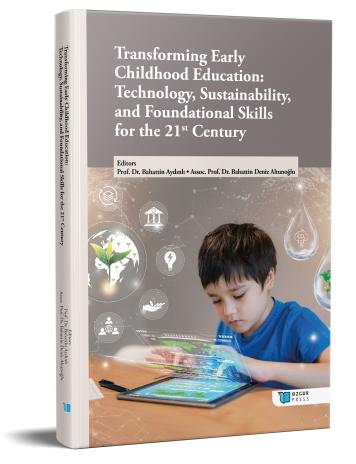
Ethical Use of Artificial Intelligence Applications in Early Childhood Education
Chapter from the book:
Aydınlı,
B.
&
Altunoğlu,
B.
D.
(eds.)
2024.
Transforming Early Childhood Education: Technology, Sustainability, and Foundational Skills for the 21st Century .
Synopsis
The integration of Artificial Intelligence (AI) in education holds the potential to provide personalized learning and enhance educational experiences. However, it also raises significant concerns about data privacy and security, especially for young children who may not fully understand several aspects of data collection or usage practices. Protecting this data is of paramount importance. This text addresses ethical AI practices for safeguarding children's information, principles of data privacy, legal regulations, and the collaboration between parents and teachers. The use of AI in education must consider cultural sensitivities to accommodate diverse learner needs. Additionally, the discussion includes AI's potential risks, such as algorithmic bias, and strategies to mitigate these issues.

